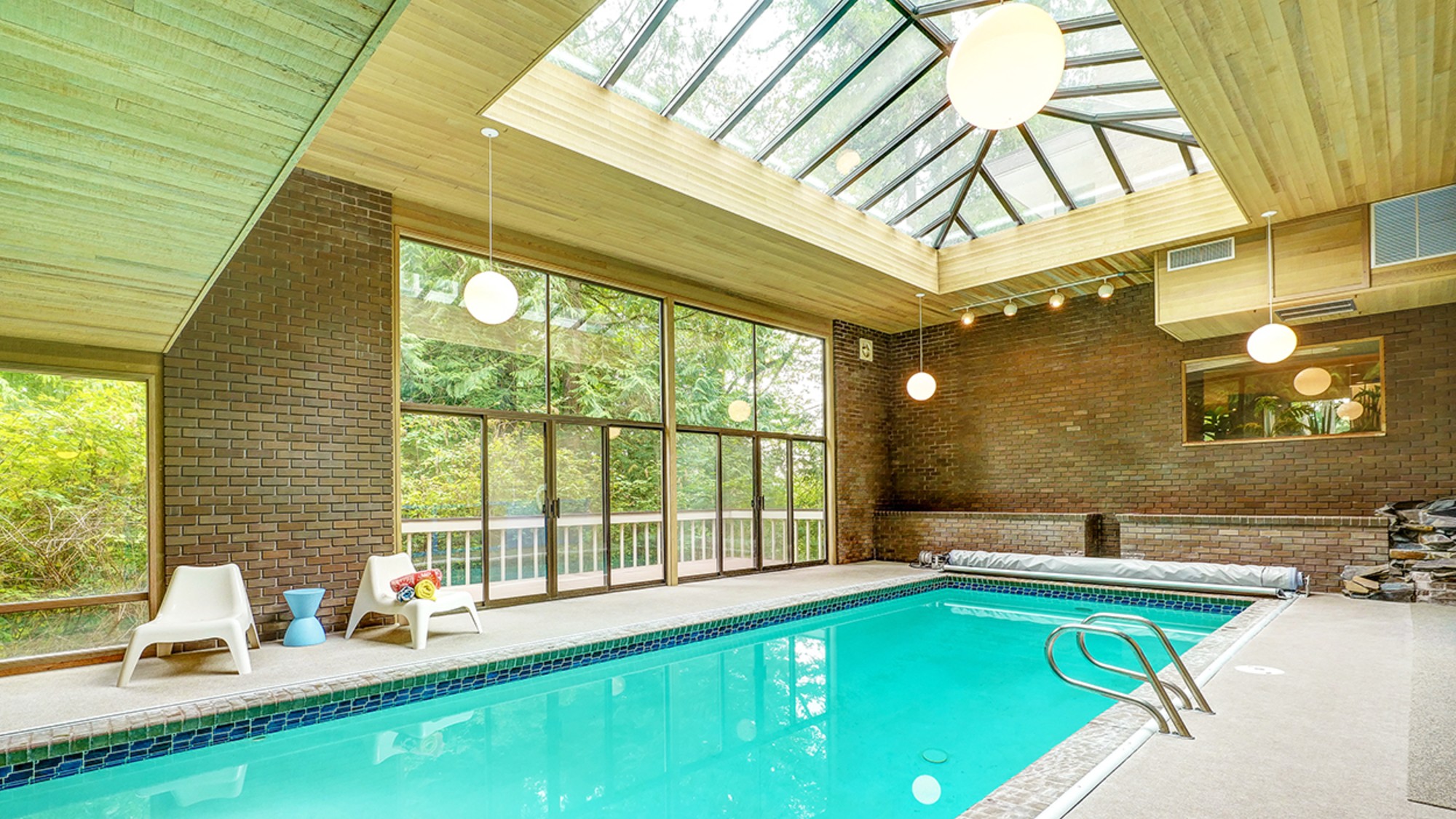Trouble in the Swedish paradise
The recent murder of Swedish Foreign Minister Anna Lindh shocked the consensus-loving Swedes to the core. Has Sweden’s long pursuit of the model society finally reached its end?
What makes Sweden unique?
Swedes have spent a century trying to create a society based on consensus, not conflict, incorporating the best of both capitalism and socialism. Sweden started the 20th century as a poor peasant society with no big cities, but by embracing free-market capitalism it became the fourth wealthiest nation on earth by 1970. At the same time, Sweden built a fabulously generous welfare system. The success of the “Swedish model” was a source of national pride, and leaders from other nations streamed in to see how the Swedes had done it. “It was absurd,” said newspaper columnist Arne Ruth, “but we thought of ourselves as a kind of superpower.”
How extensive is the welfare system?
The Week
Escape your echo chamber. Get the facts behind the news, plus analysis from multiple perspectives.

Sign up for The Week's Free Newsletters
From our morning news briefing to a weekly Good News Newsletter, get the best of The Week delivered directly to your inbox.
From our morning news briefing to a weekly Good News Newsletter, get the best of The Week delivered directly to your inbox.
It provides Sweden’s 9 million citizens with proverbial cradle-to-grave support. Schoolchildren get a free education—and free books and lunches, as well. Everyone has medical coverage under a national health plan. Parents are guaranteed a year off after the birth of a child, at 80 percent of their full salary. At age 65, workers get a generous pension that rises with inflation. Many credit the massive government safety net for giving Sweden the lowest infant-mortality rate in the European Union, and the longest male life expectancy (78 years). The role of government is so great that more than 50 percent of Swedes now either work for the state or depend on it for welfare benefits.
Who pays for all this?
Taxpayers, of course. Sweden has some of the stiffest taxes on the planet. The levies are steeply progressive, and Swedes who make more than $30,000 a year shell out 59 percent of their income in taxes. But the success of the Swedish system has gone a long way toward softening opposition to the heavy tax burden. Even in economic downturns, a Swedish pollster once said, mentioning tax cuts on the political campaign trail is still “like swearing in church.” Many Swedes take pride in the willingness of their countrymen to surrender so much income for the public good. “Everyone contributes via taxation, and everyone gets something back,” said former health minister Lars Enqvist. “This strengthens social cohesion.”
Have Swedes always thought this way?
A free daily email with the biggest news stories of the day – and the best features from TheWeek.com
It seems so. Even in Viking times, the king was referred to as “first among equals,” and Viking women had a higher social status than women elsewhere. In modern times, the Swedes were among the first to shun war. They fought (and lost) their last war in 1814, and ever since have espoused a doctrine of “nonalignment in peace aiming at neutrality in war.” The national philosophy was framed in 1928 by Per Albin Hansson, chairman of the Social Democrat party, which has dominated Swedish politics ever since. In what he called his Volksheim (People’s Home) theory, Hansson likened Swedish society to a family. Any conflict, he reasoned, should be resolved by sitting around a table and reaching consensus, with every individual subordinating his interests to those of the family as a whole.
Does this really work?
It did for decades, partly because of the nation’s prosperity. Sweden is blessed with tremendous natural wealth—timber, iron ore, hydropower—and a population with a flair for technology and business creativity. Swedes invented the steam turbine, ball bearings, and the safety match, launching businesses that brought in profits from around the world. Swedish companies, such as the automakers Volvo and Saab, the retailer Ikea, and the telecommunications giant Ericsson, shrugged off the heavy burden of taxes and pensions, and competed ably in global markets. But trouble began to enter the Swedish paradise in the late 1970s.
What happened?
As global markets became more competitive, Swedish companies began to stumble, hobbled by high taxes and stringent labor regulations. Sweden fell from fourth to 17th on the list of the world’s wealthiest nations. In the early 1990s, dissatisfaction with the economy prompted Swedes to turn to a more conservative government, but tinkering with the welfare state led to a record 15 percent unemployment rate, and the Social Democrats regained power. But with immigrants flocking to Sweden to take advantage of its liberal social policies, and with its population aging, social tensions have continued to grow. Younger Swedes say they feel unmotivated to work because of the high tax rate, and teenage alcoholism, violence, and drug abuse are rising. Half of all Swedish children are born out of wedlock. Today, Sweden’s per capita murder rate is the highest in Europe.
What do Swedes think of all this?
They’re beginning to question whether they’re still an exceptional nation—or just another troubled modern democracy. Many Swedes worry that their involvement in the European Union could finish off what’s left of the nation’s very separate identity. Last month, the Swedes expressed this concern by voting down a proposal to replace the national currency, the Swedish krona, with the euro. Foreign Minister Anna Lindh, who had vigorously campaigned for the euro, was murdered by a mentally ill, knife-wielding man in a shopping center. Lindh had no bodyguards, even though 17 years ago, another assassin murdered Prime Minister Olof Palme. “In less than two decades, we have had two high-profile members of the political leadership murdered,” said political scientist Olof Ruin. “I don’t know how long we can continue to have this image that we like to have of ourselves.”
Just don’t say no
-
 Striking homes with indoor pools
Striking homes with indoor poolsFeature Featuring a Queen Anne mansion near Chicago and mid-century modern masterpiece in Washington
-
 Why are federal and local authorities feuding over investigating ICE?
Why are federal and local authorities feuding over investigating ICE?TODAY’S BIG QUESTION Minneapolis has become ground zero for a growing battle over jurisdictional authority
-
 ‘Even those in the United States legally are targets’
‘Even those in the United States legally are targets’Instant Opinion Opinion, comment and editorials of the day